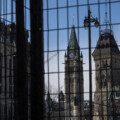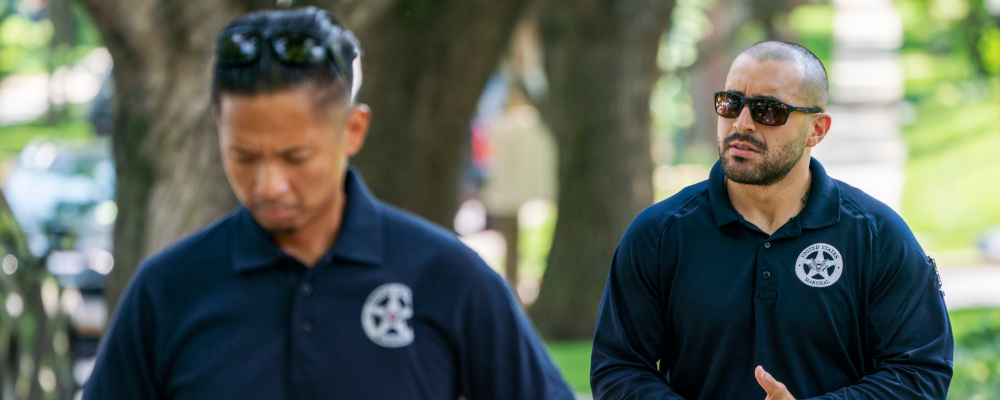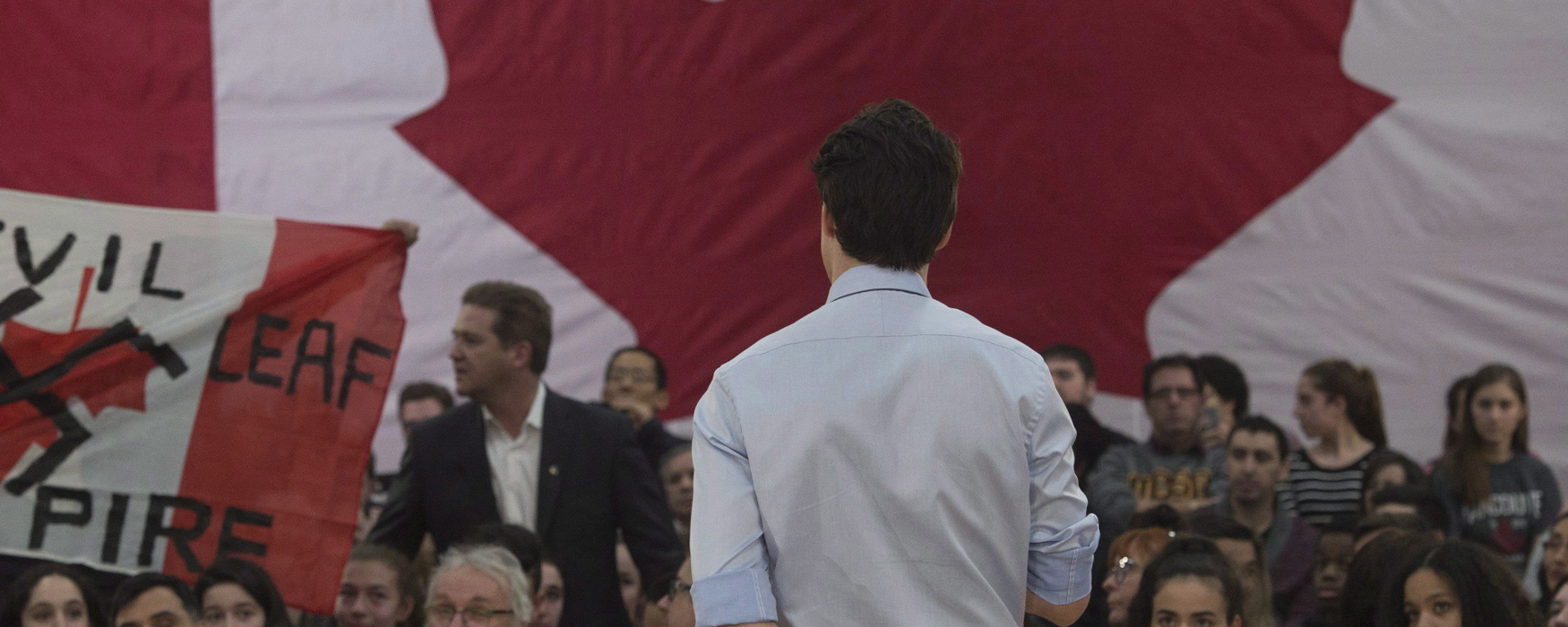Nicholas Roske was arrested on June 8th and charged with the attempted murder of Justice Brett Kavanaugh of the American supreme court. The 911 call that Roske himself made—“I need psychiatric help”—led to his arrest across the street from Kavanaugh’s house. He allegedly made assassination threats, was heavily armed, and travelled from California to the justice’s Maryland home. He was angry about a potential supreme court ruling restricting abortion rights.Armed man arrested near Supreme Court Justice Kavanaugh’s home charged with attempted murder https://abcnews.go.com/Politics/man-arrested-supreme-court-justice-kavanaughs-home-allegedly/story?id=85259333
Congressional hearings into the January 2021 assault on the Capitol are focusing American attention on political violence. The Kavanaugh threat got relatively less attention. The New York Times put the news on page 20, and the Washington Post filed it under “Local Crime and Public Safety”, next to a report about a traffic accident.
If you get your news from a still more progressive source, at Mother Jones the senior news editor was not as sanguine about bloodshed at the Supreme Court.
“We apparently just came unacceptably, terrifyingly close to catastrophe,” wrote Jeremy Schulman. “The assassination of a Supreme Court justice would be … a threat to American democracy every bit as severe as the January 6 insurrection and Donald Trump’s attempts to overturn the 2020 election. … Everyone, across the ideological spectrum, needs to take this completely seriously and figure out what can be done to prevent the country from plunging into a new era of political violence reminiscent of the 1960s and 1970s. The fate of our republic depends on it.”The Assassination Plot Against Brett Kavanaugh Is a National Emergency https://www.motherjones.com/crime-justice/2022/06/the-assassination-plot-against-brett-kavanaugh-is-a-national-emergency/
The fate of the republic does not depend upon it; after all, the assassinations of the 1960s did not vanquish it. But it did shape the politics of the time, and while assassinations have not been a regular part of political life for a few decades, it is not foolish to worry that they may return.
Assassination was a present danger and a political force throughout the twentieth century. Assassinations go back much further, of course, to Julius Caesar most famously—a development that loosed that demon in imperial Rome. Several of Caesar’s successors were also assassinated.
The most consequential assassination of our time set off the Great War—a calamity that resonates even today. Austria-Hungary went to war after the 1914 assassination in Sarajevo of Archduke Franz Ferdinand, heir to the Habsburg throne. By the end of the war, the Austrian emperor, German Kaiser, Russian tsar, and Ottoman sultan were all deposed. Gavrilo Princip’s bullet may have been the most consequential shot in history.
In a century of unprecedented violence there would be many more political killings, perhaps the most notable being the assassination of Mahatma Gandhi in 1948 in a newly-independent India. Gandhi was killed by a fellow Hindu, a nationalist who objected to Gandhi’s conciliatory approach to Muslims and the new state of Pakistan.
The first family of Indian independence, the Nehru/Gandhis (no relation), would suffer two assassinations. Prime Minister Indira Gandhi, daughter of Jawaharlal Nehru, India’s first prime minister, was assassinated in 1984 by her Sikh bodyguards. Her son, Rajiv Gandhi, succeeded her. He was assassinated in 1991 by the Tamil Tigers.
For Americans, the 1960s was the time of the assassins. John F. Kennedy was killed as president in 1963, and his brother Robert while campaigning for president in 1968. Just months before RFK’s assassination, Martin Luther King was shot and killed in Memphis. In 1969, Malcolm X would be killed in New York. In 1972, Alabama Governor George Wallace was shot while campaigning for president. He survived but remained paralyzed for life.
In 1970, Canada had its most prominent assassination since that of D’Arcy McGee in 1868. Pierre Laporte, deputy premier of Quebec, was killed by the Front de libération du Québec during the October Crisis.“The October Crisis refers to a chain of events that took place in Quebec in the fall of 1970. The crisis was the culmination of a long series of terrorist attacks perpetrated by the Front de libération du Québec (FLQ), a militant Quebec independence movement, between 1963 and 1970. On 5 October 1970, the FLQ kidnapped British trade commissioner James Cross in Montreal. Within the next two weeks, FLQ members also kidnapped and killed Quebec Minister of Immigration and Minister of Labour Pierre Laporte. Quebec premier Robert Bourassa and Montreal mayor Jean Drapeau called for federal help to deal with the crisis. In response, Prime Minister Pierre Trudeau deployed the Armed Forces and invoked the War Measures Act — the only time it has been applied during peacetime in Canadian history.” https://www.thecanadianencyclopedia.ca/en/article/october-crisis
The 1970s brought prominent assassinations around the world. King Faisal of Saudi Arabia was killed by his own half-brother’s son in 1975. In 1978, the Italian Red Brigades killed Aldo Moro, former prime minister of Italy and close friend of Pope Paul VI. In 1979, the Irish Republican Army blew up Lord Louis Mountbatten’s boat, killing the United Kingdom’s most prominent military personality and the uncle of the Duke of Edinburgh.
Having dealt a lethal blow to the Royal Family, the IRA would make another spectacular attempt, attempting to kill Prime Minister Margaret Thatcher in 1984. She narrowly escaped from a hotel bombing that killed five and injured 31.
The nadir of assassinations came in 1981, when Ronald Reagan (March), Pope John Paul II (May), and Anwar Sadat (October) were all shot. The president and the pope survived; the Egyptian peace-maker was killed by an Islamist extremist.
Sadat’s assassination for making peace foreshadowed the 1995 murder of Yitzhak Rabin, killed by an Israeli who objected to Rabin’s making peace at Oslo. The twin assassinations of Sadat and Rabin, by their own people, have made Arab-Israeli peace more difficult—the price for the peacemakers could well be death.
While political violence is never absent, the Rabin assassination seemed to mark an end to a century plagued by them. There have been assassinations since: Rafic Hariri in Lebanon (2005) and Benazir Bhutto in Pakistan (2007). Yet assassination has retreated from a prominent role in this century.
Might the time of the assassins return? Haiti’s president, Jovenel Moïse, was assassinated last July. There was an assassination attempt against Vladimir Putin earlier this year.
In the United States, had Roske decided to rush Kavanaugh’s home rather than call 911, the justice could well have been dead, possibly setting off widespread violence.
In 2011, Gabby Giffords, a Democratic member of Congress from Arizona, was shot. Six years later, Steve Scalise, Republican of Louisiana, was shot. Both survived.
In a country plagued by mass killings on a weekly basis, with two members of Congress shot in recent years, is the assassination of supreme court justice outside the bounds of what can be imagined?
Justice Kavanaugh was not hurt. The next time, and the next target, may not escape harm.
The signs are ominous. Fear about our political situation is widespread. How much worse will matters be if the time of the assassins returns?
Recommended for You

Gili Zemer and David Mandel: We are Canadian Jewish parents. The Toronto District School Board has failed to protect our kids

The Weekly Wrap: It’s time to cut through Chesterton’s Fence and implement sweeping reform in Canada

Has the Left lost its masculine energy?

The Week in Polling: Young Canadians delay milestones due to high costs, Liberals lose the youth vote, and most Canadians fear a Trump-Vance White House








